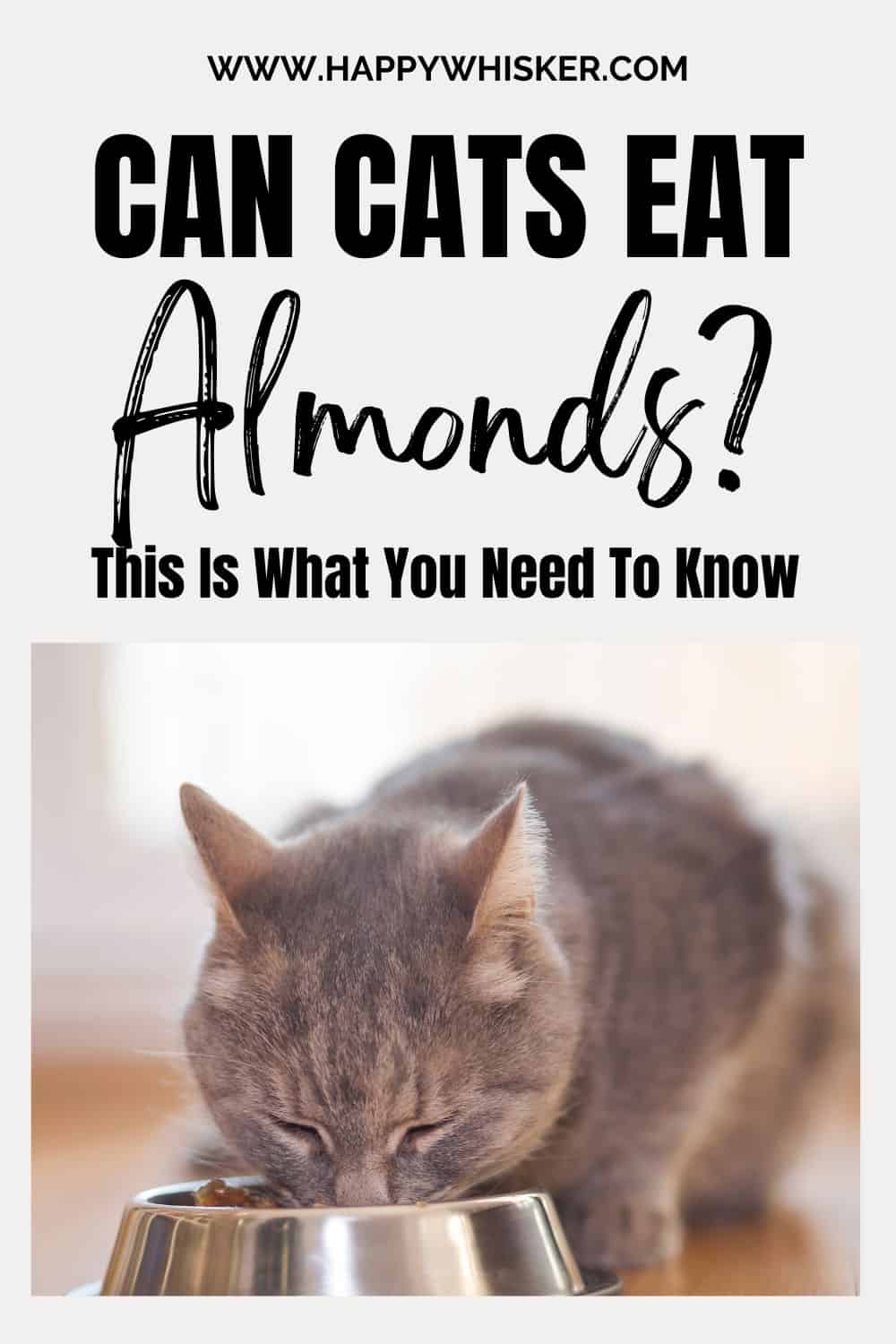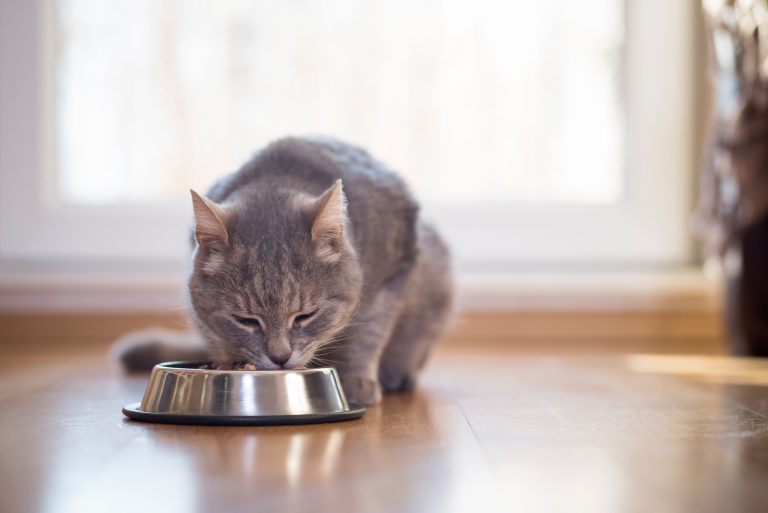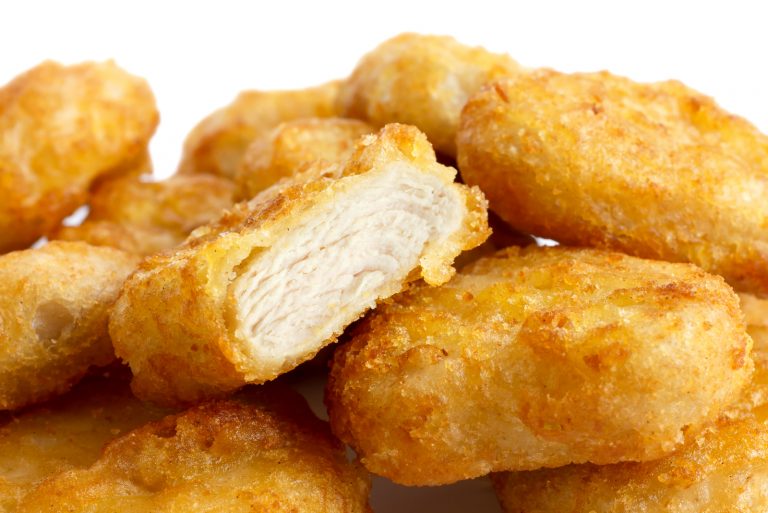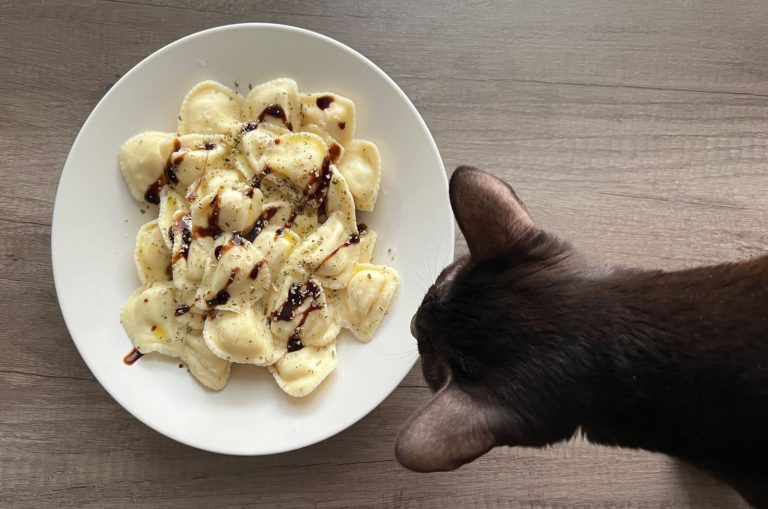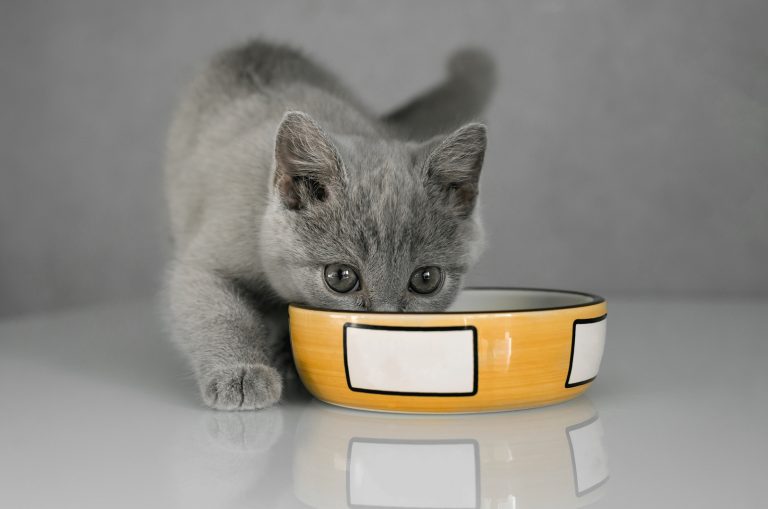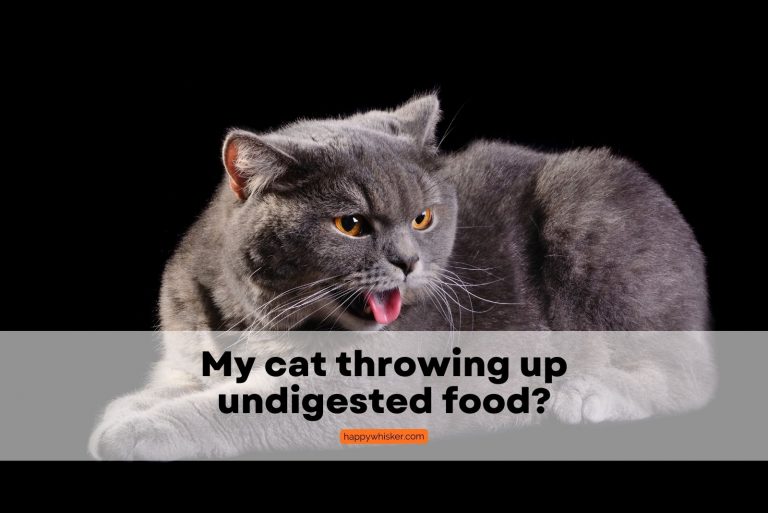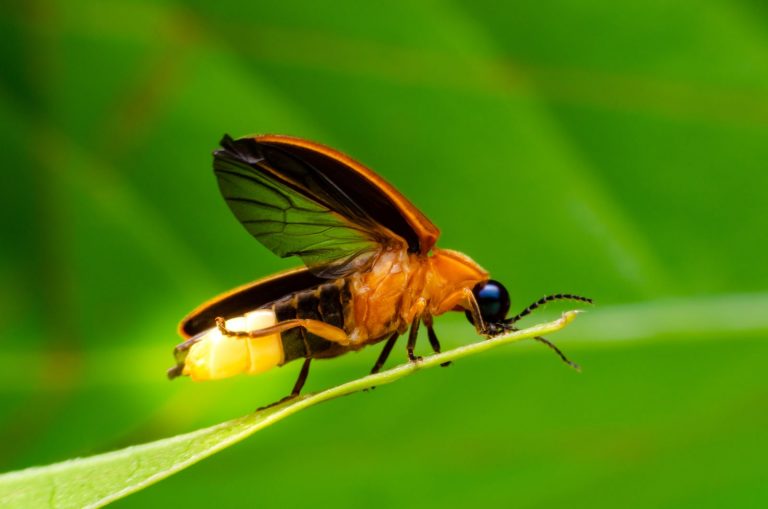Can Cats Eat Almonds? This Is What You Need To Know
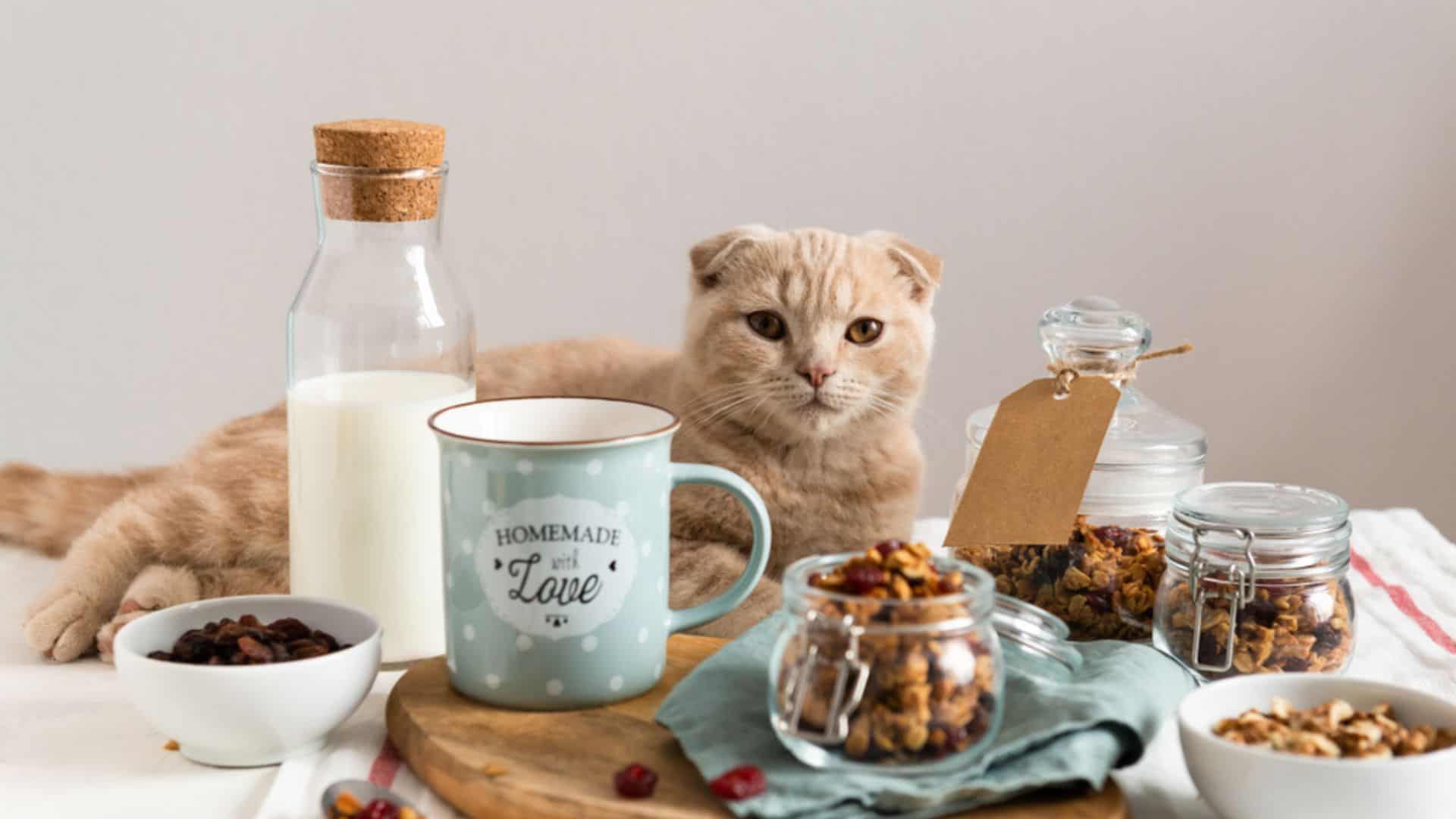
Our feline friends will do basically anything to get at least a small bit of our food. Sometimes, I think that my cat isn’t even hungry but that it only wants to participate in mealtime with me.
However, as responsible pet parents, we all need to know what is safe for them and what’s not. Nowadays, you can find almonds in many households. It’s a drupe fruit which is very good and healthy for humans.
So, should you keep them away from your cat, or can you share a few almonds with your pet? To learn more, read on and find out – can cats eat almonds?
Can Cats Eat Almonds?

Almonds are a very popular snack for many people. That’s not a surprise because they’re rich in vitamins and minerals and are also great for people with lactose intolerance.
But what about cats and almonds? Are they as healthy and safe for them as they are for humans? Also, cats are known to be lactose intolerant, does that mean that almond milk is safe for them? Keep reading and find out what’s best for your furry friend.
As obligate carnivores, not every human food is healthy and safe for cats. A cat’s diet should consist of meat and animal protein. Some human food may be combined with cat food as long as it’s in decent amounts and as long as it’s safe for them.
So, can cats eat almonds? The answer is both yes and no. That means that one or two almonds won’t harm your kitty, but they cannot receive any nutritional value from them.
Even though almonds are very healthy, they’re not really safe for cats in huge amounts as they have completely different digestive systems than us. Let’s explain this a bit deeper, step by step.
There are two types of almonds, so let’s see can cats eat them and why.
Can Cats Eat Sweet Almonds?
You shouldn’t feed your kitty almonds as it cannot benefit from them, however, if the cat comes across a sweet almond or two and eats them, nothing bad should happen.
Plain sweet almonds are actually safer for felines, they have low cyanide concentration, which means that the risk of cyanide poisoning is very low.
Still, it’s better to avoid sweet almonds in your cat’s diet and stick to top-quality cat food from which your feline can benefit.
Can Cats Eat Bitter Almonds?
When it comes to bitter almonds, you need to be very careful. The reason is that bitter almonds can be very toxic for our cats as they contain the substance amygdalin. So, bitter almonds should be strictly avoided if you want to keep your cat safe.
Can Cats Drink Almond Milk?
Almond milk is extremely popular, especially for people who are lactose intolerant. This milk has turned out to be a great substitute for dairy milk.
Although some cats may like drinking milk, they’re lactose intolerant which means that they shouldn’t consume milk and dairy products. But does that mean that cats can drink almond milk?
Well, almond milk isn’t poisonous for cats, but usually, it contains artificial ingredients, oils, and sweeteners that are toxic for felines. Therefore, it’s better to avoid giving your cat almond milk and just ensure you provide it with fresh water all the time.
You may also want to know if cats can eat honey!
Can Cats Benefit From Eating Almonds?
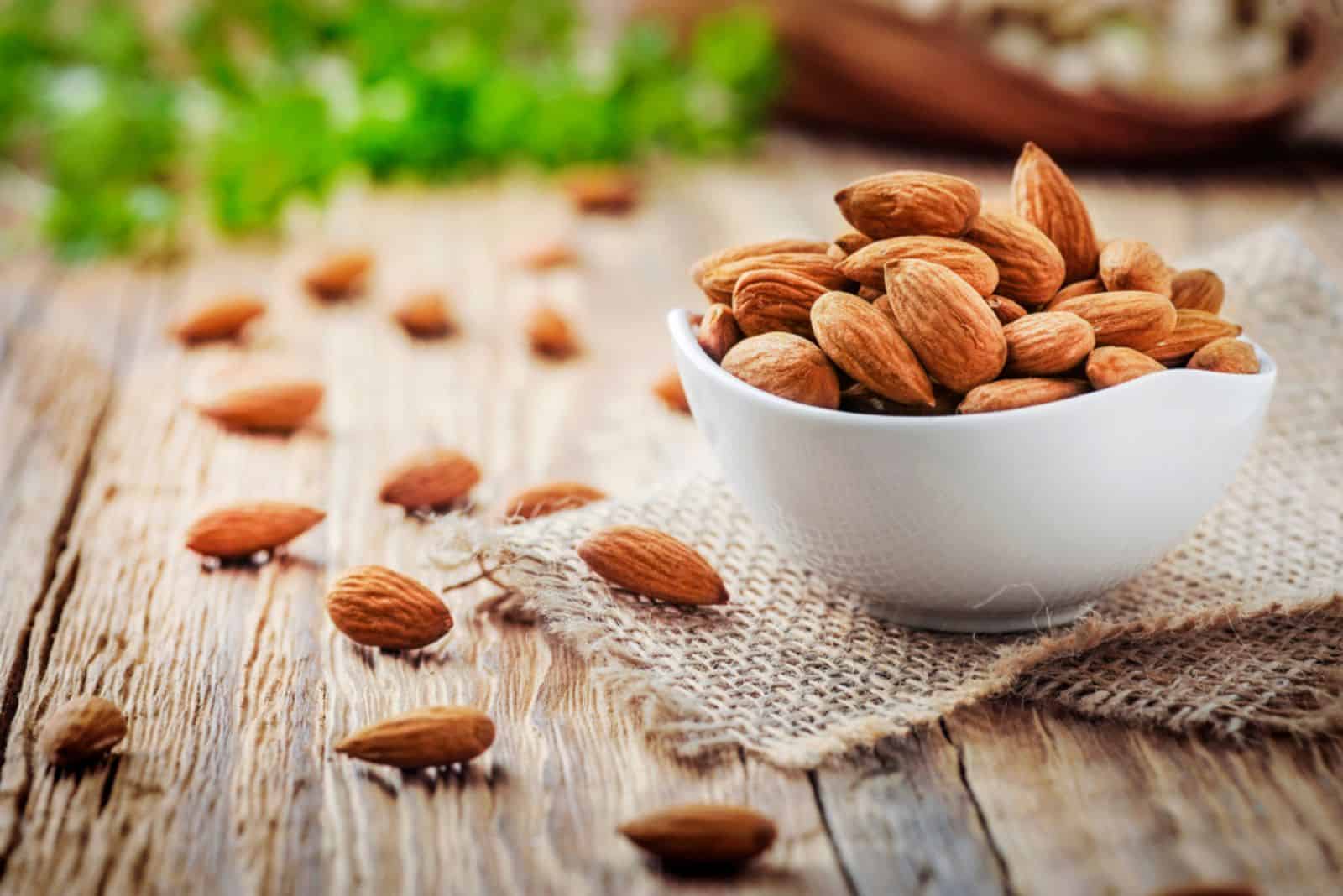
As previously mentioned, almonds are very healthy for humans, and they have a high nutritional value. However, that doesn’t mean that they’re healthy for our feline friends.
Almonds are rich in minerals, amino acids, and vitamins, but they also contain proteins and omega-3 fatty acids that are beneficial for cardiovascular health.
However, cats don’t get any health benefits from these things as they’re not nutritional enough for them.
A cat’s digestive system is able to digest meat well, but it cannot process plant matter easily. That’s the main reason why cats may have various health issues after eating large amounts of almonds.
So, small amounts of almonds may not harm cats, but still, they should be avoided.
Possible Side-Effects That Cats May Have From Eating Almonds
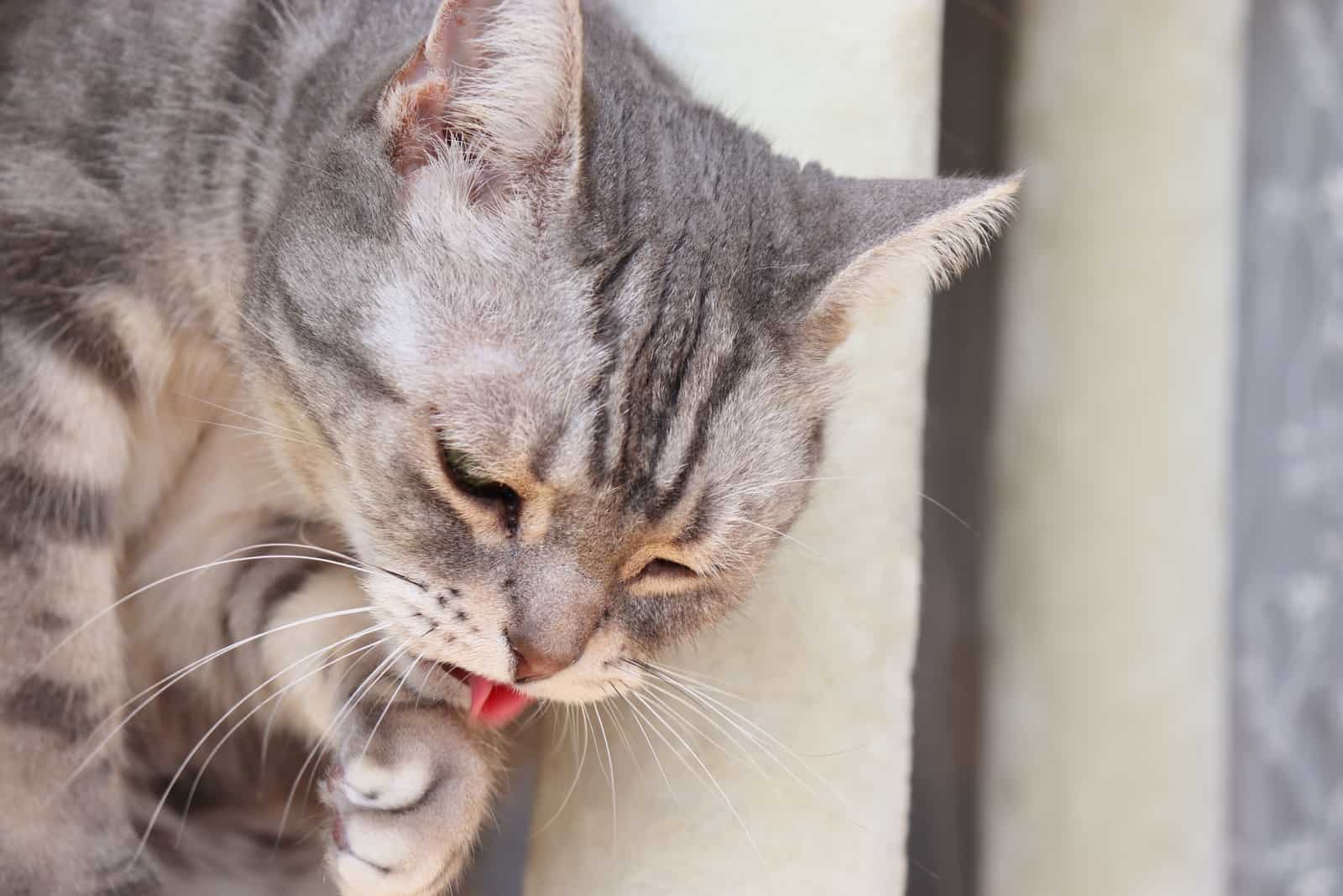
According to the ASPCA, small amounts of almonds won’t harm your cat as they’re not toxic. But, if your cat eats large amounts, it may suffer from serious health issues. So, check out the most common issues that your cat may experience as a consequence of eating large amounts of almonds.
Digestive System Problems
The most common issue that may occur due to eating almonds is problems with a cat’s digestive system. Cats may have digestive problems due to eating almonds because they cannot properly digest the elements that almonds usually contain.
Even though almonds contain protein and fatty acids, cats cannot digest them properly as they’re completely different from those found in the meat that cats should eat.
The most common signs of digestive tract issues in cats are vomiting and diarrhea or constipation. Therefore, you need to be very careful as these conditions may often lead to dehydration, so ensure you provide your cat with enough water.
Pancreatitis
Due to the high-fat content of almonds, another problem that cats may suffer from is pancreatitis. This health issue refers to inflammation of the pancreas which needs some time to heal itself.
Therefore, you should be careful with feeding almonds to your cat. Additionally, this issue may only develop if you’re feeding almonds to a cat more often.
Cyanogenic Glycosides
Almonds, cherries, peach pits, and apple seeds all contain cyanogenic glycosides, which is a natural toxin.
Your cat may experience a form of cyanide poisoning if they consume a lot of cyanogenic glycosides.
If your cat eats too many nuts, she can have cyanide poisoning. In extreme circumstances, your cat may go into shock and this may even lead to death.
Toxicity
Cats may experience the effects of toxicity, not because of the almonds but because of the way they’re prepared, which includes different seasonings and toppings.
Usually, almonds are specially prepared for human use, for example, some are salted, and some have chocolate coatings. Unfortunately, these are not the healthiest for our furry friends.
On the contrary, cats shouldn’t eat salt, as it’s very toxic for them, and too much salt may lead to sodium ion toxicity.
Furthermore, you should also avoid chocolate almonds as chocolate and other sweet things are also dangerous for cats and shouldn’t be on a cat’s menu.
Also, check out if cats can eat bell pepper!
My Cat Ate Almonds! Help, What Should I Do?
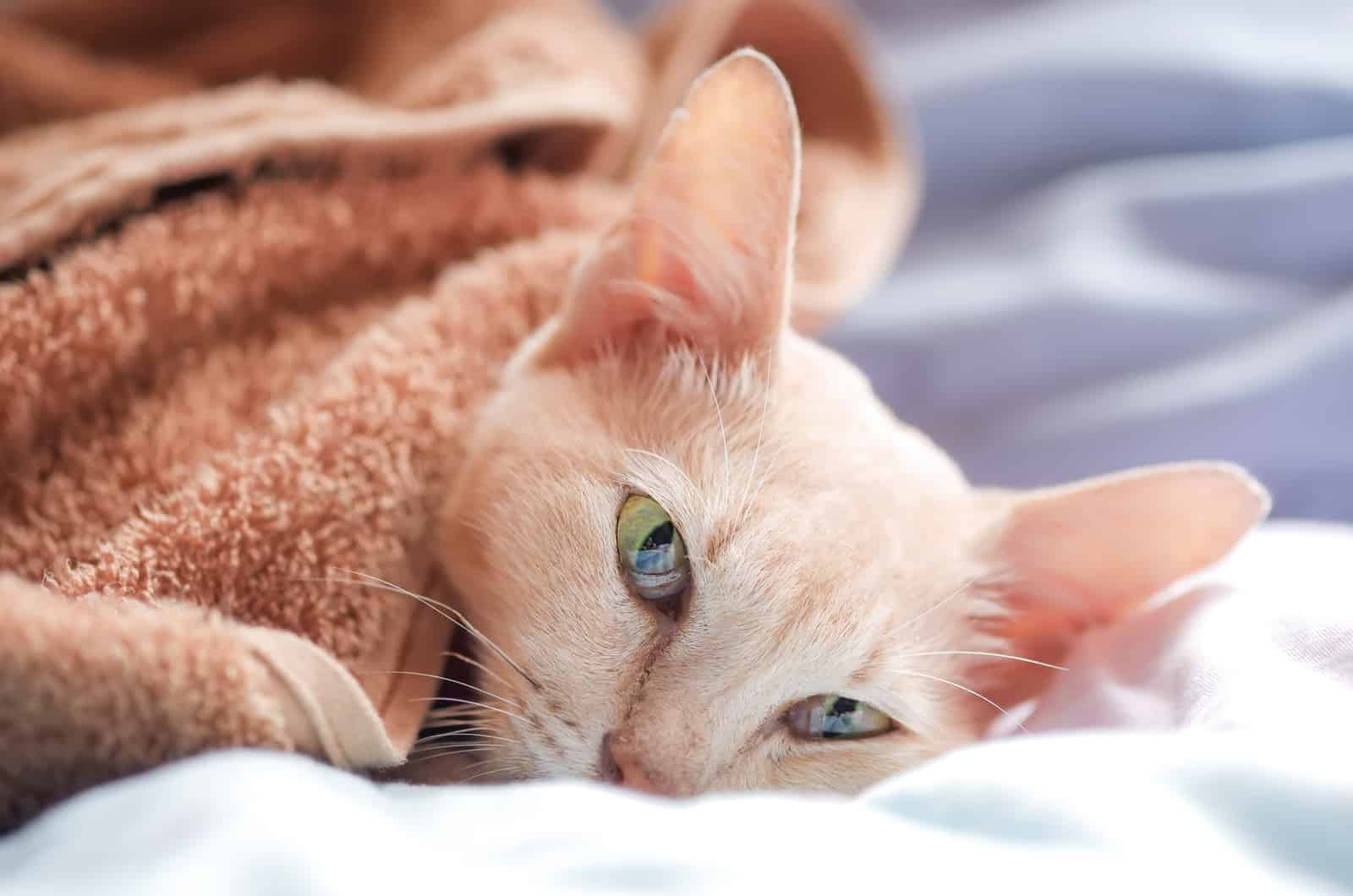
If your kitty accidentally ate huge amounts of almonds, make sure you look for symptoms of cyanide poisoning and similar problems, such as:
• Dilated pupils
• Vomiting
• Diarrhea
• Constipation
• Stomachache
• Hyperventilation
In case you notice any of these symptoms or any other changes in your cat’s behavior, make sure you contact your veterinarian immediately and take your cat to the vet for an examination.
You may also want to know if beans are safe for cats!
Can Cats Eat Other Types Of Nuts?
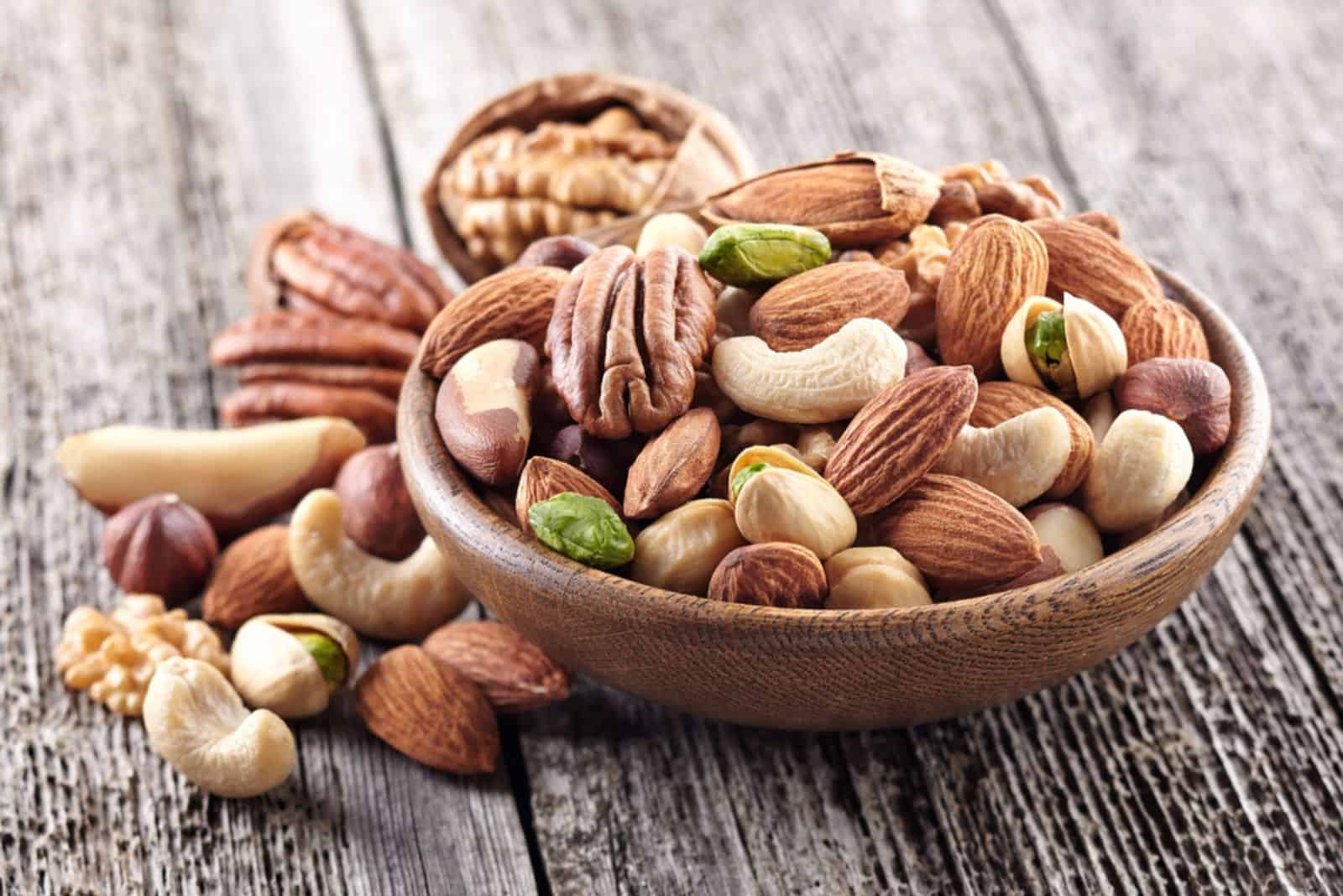
There are many other types of nuts. Are these also not recommended, like almonds, or are there safe types of nuts for cats? Read on and find out!
• Hazelnuts – they’re not nutritive for cats but don’t contain elements that are usually toxic for cats. Still, if you decide to feed your cat hazelnuts, you should give them as an occasional cat treat, and only under your supervision as too many hazelnuts may cause them stomach upset and they are choking hazards.
• Peanuts – some cats may have digestive problems from eating peanuts due to their high-fat levels. Moreover, peanuts often contain salt and other ingredients that aren’t healthy for cats. Therefore, it’s better to avoid feeding your kitty peanuts, especially because some cats may even be allergic to them.
• Walnuts – a single walnut won’t do your cat any harm; however, huge amounts of walnuts may lead to vomiting and diarrhea, as well as an upset stomach. So, it’s better to stick with cat food and avoid walnuts as a regular snack.
• Hazelnuts – although hazelnuts don’t contain toxic elements that can harm your cat, it’s still better to avoid them as a regular snack because they can lead to stomach problems and may also be choking hazards.
• Macadamia nuts – you should completely avoid feeding your cat macadamia nuts. The main reason for this is that they’re high in fat and don’t provide cats with any nutritional value. Large amounts of macadamia nuts may cause cats to suffer from obesity or pancreatitis.
• Chestnuts – surprisingly, chestnuts are safe for cats, and they can actually offer nutritional value for them. Chestnuts have low calories and fat levels but contain potassium and magnesium, which is better than any other type of nuts. Still, it’s recommended to give your cat chestnuts only as an occasional treat and only under your supervision.
• Brazil nuts – for humans, brazil nuts are very nutritious because they contain a lot of vitamins, magnesium, zinc, calcium, copper, and manganese. These elements are often safe for cats; however, you need to pay attention not to give cats huge amounts of brazil nuts as that may result in an upset stomach.
• Cashews – these are safe for cats as long as they’re given in small amounts. Cashews are high in sodium which may lead to several health issues such as stomach problems, diarrhea, and even pancreatitis.
Final Words
Most cat owners like to share their food with their feline friends, but is that actually safe for the cat’s health? Well, it depends on the type of food.
As almonds are a very popular snack nowadays, most cat owners want to know – can cats eat almonds? The answer is both yes and no. The reason is that almonds are very healthy and beneficial for humans; but cats cannot benefit from these elements as they’re obligate carnivores.
While small amounts won’t hurt them, large amounts of almonds may trigger various health problems in cats, and in severe cases, it may even lead to death.
So, if you’re a cat owner who adores eating almonds, be careful not to leave them around, and don’t give them to your cat. If they eat huge amounts of almonds, cats may experience problems such as digestive issues, cyanide poisoning, or sodium ion toxicosis. Nuts are also a choking hazard.
Like this post? Share or pin it for later!
